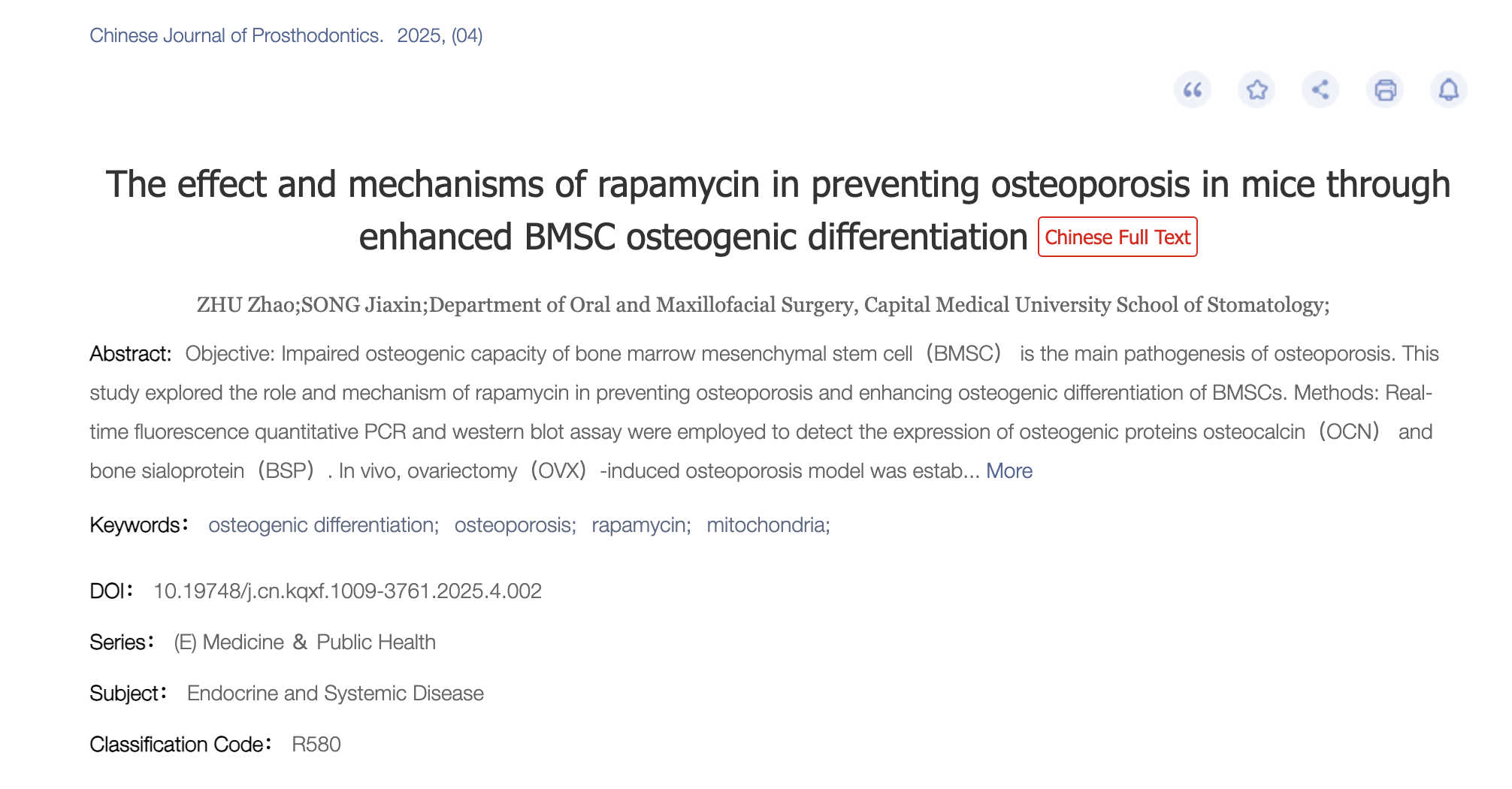Enteric coating does not matter for bioavailability, it’s solubility with e.g suspension in nanocrystals. So enteric capsules don’t work.
The 2.5 hrs checks very well with me, but I get a lot more than 3ng/l from 1 mg. This was taken at 14 mg of standard Rapamune solution from Pfizer, no GF or other inhibitor
Pik 3 Curves 14 mg Feb March 2025.pdf (90.1 KB)
If you are interested in more Details : People pushing the upper limits of Rapamycin Doses - Any One Else? - #171 by Maxi
Rapamycin is being researched more extensively in China these days, as the country has fewer bureaucratic hurdles for new experimental treatments. I expect China will have more medical breakthroughs than we simply because they have much less hesitation in all sorts of experimentation. And AI certainly will aid them in that, too.
There is a database from China that I occasionally browse through. Some of you may be interested in mining your own info here. Search-CNKI
The problem is that many Chinese studies are falsified. The rate is 50%. So you can never take a Chinese study at face value. You need multiple sources to confirm results.
With a 50% rate of falsified studies, how can you trust any scientific results out of China without confirmation from a Western or other reliable source.
I think Chinese biotech and drug discovery have improved, based on recent deals: US pharma bets big on China to snap up potential blockbuster drugs | Reuters
I think it’s a judgment call for some of their research. Always follow the motives. Some of the research done on rapamycin is not driven by publication and research grants, but by the desire to cure.
In the longevity space, China is also quite prolific.
Alphabet’s Calico stitches $596M deal for Mabwell’s anti-aging asset
By Gabrielle Masson Jun 26, 2025 4:52pm
Calico Life Sciences, an Alphabet (Google) longevity biotech, signed an exclusive licensing agreement with Shanghai-based Mabwell Bioscience. The deal, valued up to $596 million, gives Calico global rights (except Greater China) to develop and commercialize Mabwell’s investigational IL-11-targeting monoclonal antibody for age-related diseases. Calico paid a $25 million upfront fee, with potential milestones of $571 million tied to development, regulatory, and commercial outcomes. Mabwell’s drug candidate targets interleukin-11, implicated in aging and fibrotic diseases, and has completed Phase 1 trials in China and Australia.
https://www.fiercebiotech.com/biotech/alphabets-calico-stitches-571m-deal-mabwells-anti-aging-asset
The hard part is finding which studies to believe or not. Not all research out of China is bad, but the bad research makes it hard to find the good research. I’ve been burned a couple of times buying supplements (ex. grape seed extract) that was based on fraudulent research before I learned about how bad Chinese papers are.
